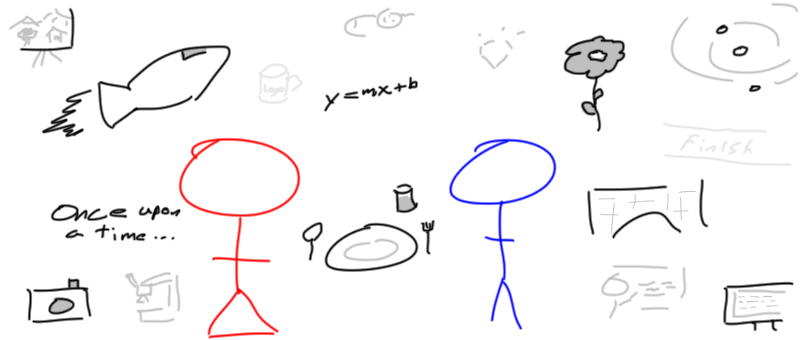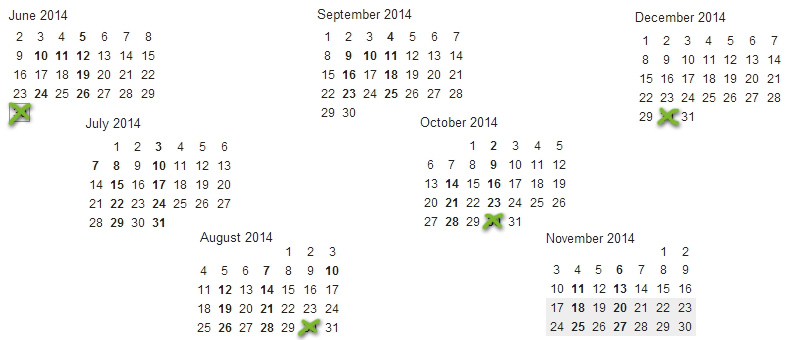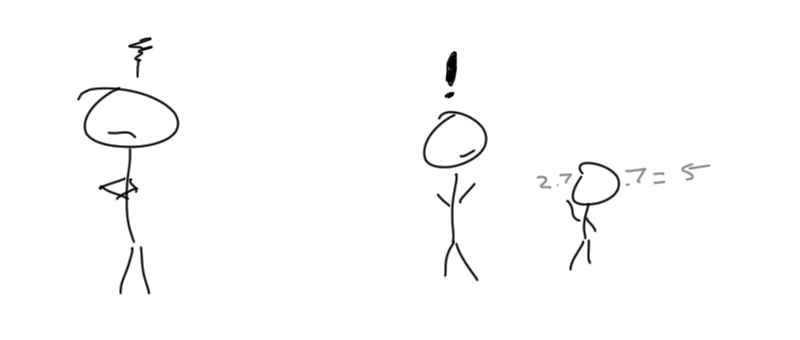I think about education now and again; I blog about it regularly for work <grin>. So when my phone rang yesterday and someone tried to sell me a "learn it quick" idea, I frowned. Something about that concept made me uneasy, and not just because it smacked of a "get rich quick" scheme.
We love the idea, right? Making a billion bucks in an afternoon doing something awesome or quickly downloading information and skills, like Trinity learning to fly a helicopter or Chuck with Kung Fu. In reality, without a special pair of sunglasses or being linked to a computer, we learn by exposure to content, practice, repetition, application, and more. That's how Nathaniel Bowditch learned several languages using nothing but an applicable dictionary and a Bible. Things have become easier since then with programs like Rosetta Stone, but we still have to put in the time and effort.
That's not to say there aren't great tips and tricks to memorizing content. Learning need not be slow and painful. But an education consists of both a broad knowledge base and mastered skills.
There are probably a bunch of ways to lay the information bedrock faster. You can get tools and technology to help learn math facts. But that's just the start. It takes practice and patience to learn to apply math principles to problems. Similarly, once I could decode words, I had a long way to go before I was literate. This applies across disciplines because education is the 3 Rs plus application.
The fact that an education takes time should not surprise us in the least.
As proponents of life-long learning and lighting a fire of interest, we know that whatever we learn today can be expanded tomorrow. We're never "done" learning. And we pray that we grow in wisdom as well, carefully using what we know to bless others.
As parents and former students, we know how easy it is to lose skills if we don't keep practicing them. With summer upon us, we benefit from considering ways to prevent summer learning loss. Learning may take effort and work, but losing knowledge and skills sure feels effortless.
The analogy that comes to mind, like an agoraphobic neighbor asking to borrow a cup of sugar yet again, is sports. I used to be a competitive swimmer. I trained hard and occasionally got in shape. I learned how to swim. But to be able to keep swimming fast and well, I needed to be in the pool for many hours every week.

About to Swim the 500 at a College Meet
I don't do that anymore as my body and swimming show.
Learning, like work or sports, requires effort. But, like a sport or job you love, it can be a joy throughout your life. I know I still love both swimming and learning.
Homeschooling is not a learn it quick scheme. As Sarah Mackenzie reminds us, homeschooling is all about relationships, and relationships just aren't efficient. Efficient or not, homeschooling produces great results. Just check out the recent Sonlight Moment Is this for real?
If that's not enough to convince you to keep doing what you're doing with Sonlight, I'll remind you of 5 reasons to waste time reading to your children.
Spend the time. Do the work. Reap the benefits.
~Luke Holzmann
Filmmaker, Writer, Guardian









